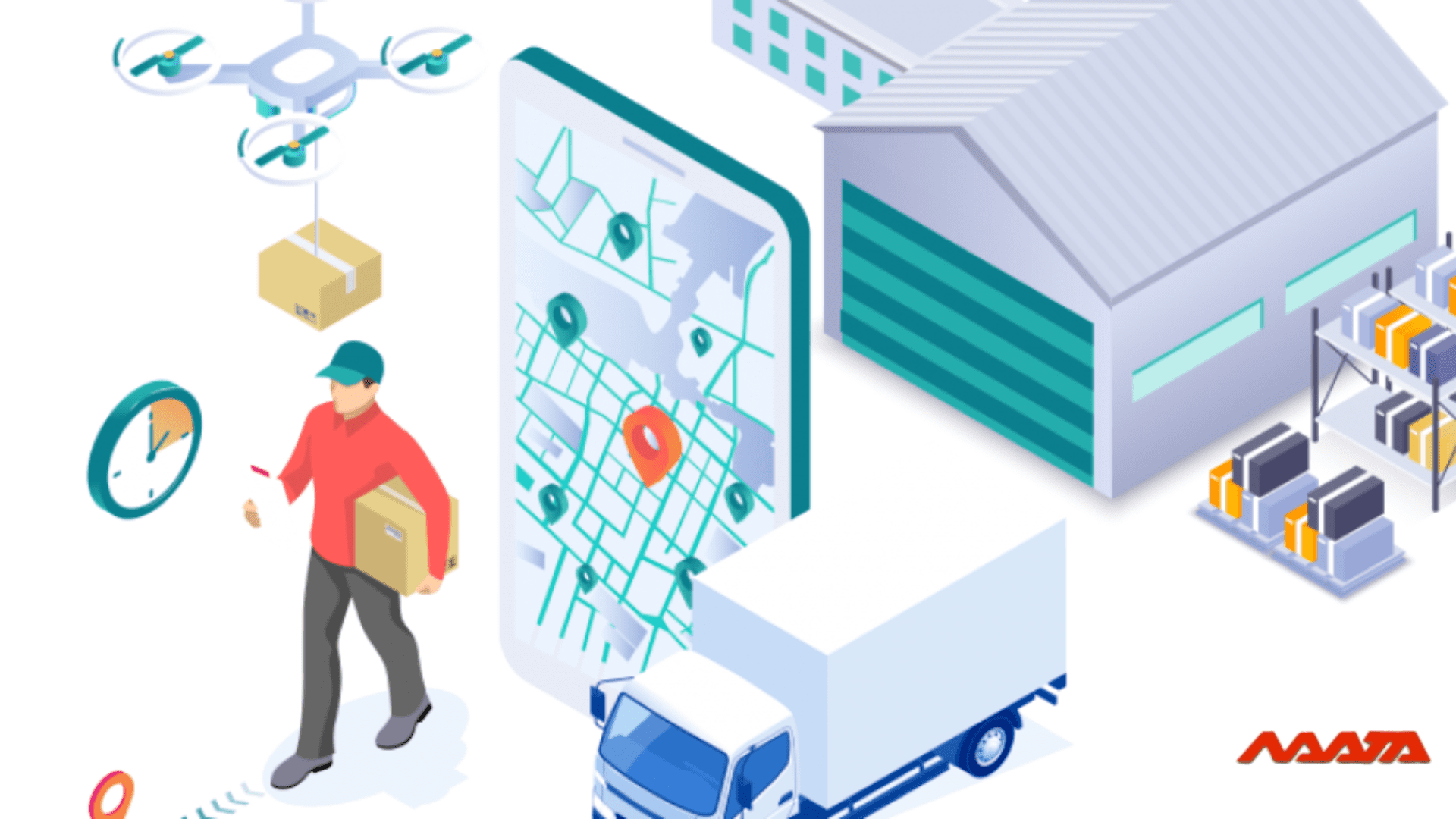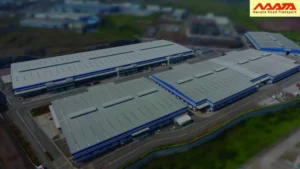What is 3PL (Third-Party Logistics)?: Learn the Ins and Outs of 3PL Here
Table of Contents
What is 3PL (Third-Party Logistics)?
3PL (Third-Party Logistics) refers to outsourcing logistics operations — such as transportation, warehousing, and order fulfillment — to a specialized external provider.
A 3PL provider manages the movement of goods from the point of origin to the final customer. They have the infrastructure, technology, and expertise to streamline operations and reduce costs.
In simple terms: You focus on selling your product, while your 3PL partner ensures it gets delivered — on time, intact, and cost-effectively.
You Might Also Like To Read: Third-Party Logistics (3PL) – Definition and its Dynamics

Key Functions of a 3PL Provider
A professional third-party logistics partner offers a variety of 3PL services that can cover the entire supply chain cycle:
1. Transportation Management
- Planning delivery routes
- Scheduling shipments
- Selecting carriers
- Ensuring compliance with transport regulations
2. Warehousing & Storage
- Safe storage of goods
- Inventory tracking and inventory management
- Temperature-controlled facilities for sensitive products
3. Order Fulfillment
- Picking and packing orders
- Labelling and documentation
- Managing returns and exchanges
4. Freight Forwarding
- Coordinating import/export shipments
- Customs clearance and compliance
- Managing international freight
5. Value-Added Services
- Product kitting or assembly
- Custom packaging
- Last-mile delivery optimization
How 3PL Differs from Other Logistics Models
• 1PL (First-Party Logistics): You handle logistics in-house using your own resources.
• 2PL (Second-Party Logistics): You hire carriers for transportation but still manage storage and fulfillment.
• 3PL (Third-Party Logistics): You outsource most or all logistics operations to a specialist provider.
• 4PL (Fourth-Party Logistics): You hire a company to manage your entire supply chain, often working with multiple 3PLs.
Benefits of 3PL (Third-Party Logistics)
1. Lower Costs
Owning warehouses, managing fleets, and hiring logistics staff is expensive. Third-party logistics providers already have the infrastructure, and you pay only for what you use.
2. Expertise and Experience
3PL providers specialize in logistics. They know how to optimize shipping routes, handle compliance, and minimize delays.
3. Scalability
During peak seasons, you can increase capacity without major investments. In slower periods, you can scale down to save costs.
4. Focus on Core Operations
Logistics outsourcing frees up time for sales, marketing, and product development — the areas that directly grow your business.
5. Access to Technology
Most 3PL services use advanced tracking tools, warehouse management systems, and real-time shipment monitoring — technology that would be costly to develop in-house.

Disadvantages of 3PL (Third-Party Logistics)
While 3PL services offer huge advantages, there are some challenges:
- Less Direct Control: You depend on another company for critical operations.
- Communication Gaps: If updates are delayed, customer service can suffer.
- Dependency on Performance: Poor service from the provider impacts your brand.
Solution: Work with a reliable, tech-enabled 3PL provider with proven industry experience.
When to Use a 3PL Provider
Consider partnering with a third-party logistics company if:
- Delivery times are slow and affecting customer satisfaction.
- Logistics costs are too high.
- Your team spends too much time managing shipping and warehousing.
- You want to expand into new markets without building your own logistics network.

Conclusion
In logistics, every delay, mistake, or extra cost impacts your bottom line. Third-party logistics (3PL) allows businesses to operate faster, cheaper, and smarter without the burden of running logistics in-house.
From small e-commerce sellers to global manufacturers, companies use 3PL services to improve delivery times, cut costs, and enhance customer satisfaction.
If you want to expand your reach, reduce operational headaches, and deliver consistently, partnering with a trusted 3PL provider can be one of the best business decisions you make.
FAQs
- What is 3PL in logistics with an example?
3PL means outsourcing logistics activities to a specialist company. For example, an online store can hire a third-party logistics provider to store products and deliver orders to customers. - How does 3PL work?
The 3PL provider manages your supply chain processes — from storing goods to picking, packing, shipping, and handling returns. - What are the benefits of 3PL?
Key advantages include reduced costs, faster delivery, access to expertise, scalability, and advanced logistics technology. - Is 3PL only for large businesses?
No. Many small businesses use logistics outsourcing to save costs and avoid investing in their own logistics infrastructure. - How is 3PL different from 4PL?
A 3PL provider manages logistics operations, while a 4PL manages your entire supply chain and may coordinate multiple 3PLs.
Thanks For Reading: What is 3PL: Learn the Ins and Outs of 3PL Here
Powered By 360Presence
What is 3PL Disadvantages of 3PL Advantages of 3PL




